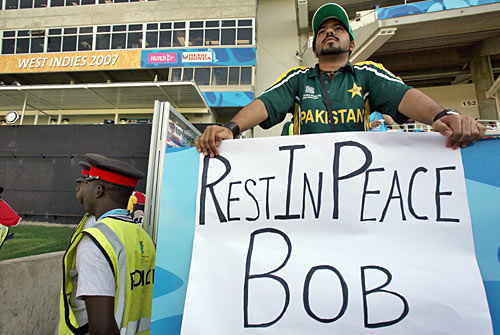After a two-day meeting of finance officials in Bangok, Mr. Kim Hak-Su, executive secretary of the Economic and Social Commission for Asia and the Pacific (ESCAP), has
invoked the grim reminder of the 1997 East Asian financial crisis.
He said that Asian economies face new threats that could destabilise the region, despite the current boom that resulted from success in overcoming the 1997 financial crisis.
The East Asian financial crisis was a period of economic unrest that started in July 1997 in Thailand and affected currencies, stock markets, and other asset prices in several Asian countries.
Thailand was the epicentre of the 1997 meltdown when excessive borrowings in US dollars coupled with high interest rates forced the Thai government to float the currency, which then promptly collapsed along with the economy.
Many economists believed that the Asian crisis was created not by market psychology but by macroeconomic policies that distorted information which in turn created the volatility that attracted speculators.
The crisis had significant macro-level effects, including sharp reductions in values of currencies, stock markets, and other asset prices of several Asian countries.
Many businesses collapsed, and as a consequence, millions of people fell below the poverty line in 1997-1998. Indonesia, South Korea and Thailand were the countries most affected by the crisis.
The economic crisis also led to political upheaval, most notably culminating in the resignations of Prime Minister Chavalit of Thailand and brought an end to Indonesian president Suharto's 30-year autocratic regime.
There was a general rise in anti-Western sentiment, with George Soros and the International Monetary Fund in particular singled out as targets of criticisms.
What some of these leaders failed to realise was that investors who sepeculated in their stock markets didn't owe a living to the citizens of the countries where they traded. It is upto the leaders of these countries to regulate their markets, control their fiscal and monetory policies in a manner that can continue their economic growth without undue burden on the society.
Globalisation, along with its many benefits, exposes economies to quick and harsh reality of the constantly shifting international environment as we saw what happened last week when the former US Fed boss Alan Greenspan made a comment about 'recession' in Hong Kong.
The herd mentality quickly follows bad news when there is a rush to sell stocks as happened in China followed by the US and much of the global markets last week. In an an interconnected world, if economies are not operated on sound principles, the social consequences of a financial meltdown can be devastating.
Money is the lifebood of any economy, it also has the power to bring it to an abrupt standill.











